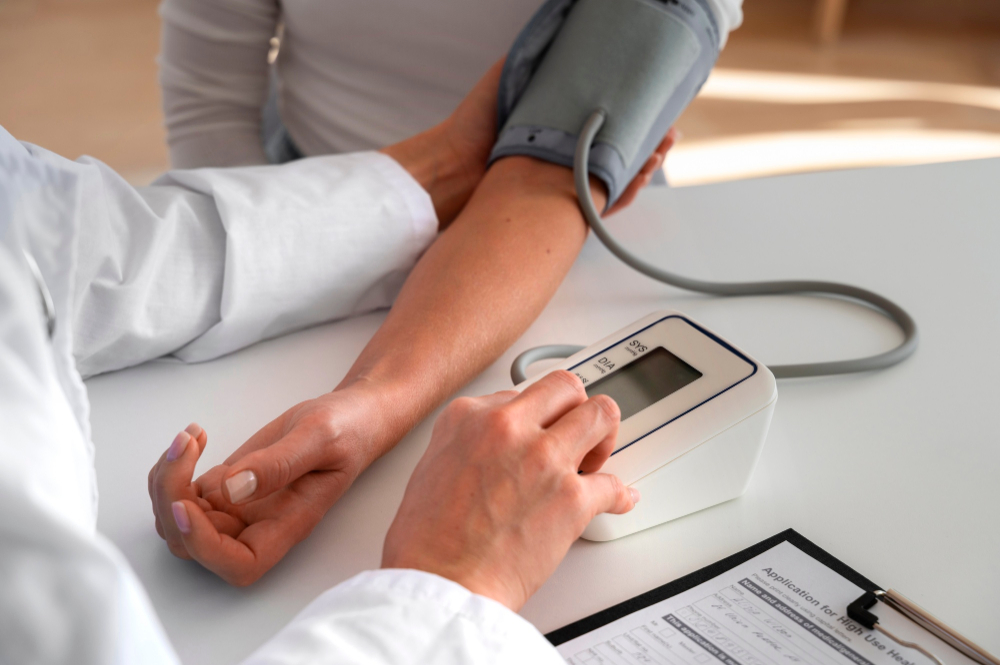Orthostatic hypotension, often unknown to the general public, is a phenomenon that occurs when blood pressure drops suddenly upon changing position. This typically happens when a person goes from sitting or lying down to standing up.
What happens in the body? When standing up, blood is drawn downward due to gravity, reducing the amount of blood reaching the brain. Normally, our bodies have mechanisms to regulate and stabilize blood pressure to ensure that the brain receives enough blood. However, factors like certain medications, including chemotherapy, can disrupt this regulation mechanism.
How does orthostatic hypotension manifest? This condition can manifest in various ways: dizziness, a feeling of discomfort, fatigue, and even fainting. These symptoms are more common upon waking up or after a meal and can have significant impacts on the quality of life.
How to manage orthostatic hypotension?
- Hydration: Drinking water is essential. It is recommended to consume between 1.5 and 2 liters per day. Drinking a large glass of water before meals can help prevent blood pressure drops after eating.
- Diet: Eating moderately salty foods can help because salt encourages the body to retain water, thereby increasing blood pressure. However, this recommendation may not be suitable for everyone, especially those on corticosteroids. Also, opt for regular small meals consisting of low glycemic index foods.
- Alcohol: It is strongly advised to avoid alcohol consumption as it can worsen orthostatic hypotension.
- Physical activity: Engaging in moderate physical activity like yoga can stimulate circulation. It is also recommended to stand up slowly and stretch regularly.
The link with cancer and its treatments One important point to note is the association between severe orthostatic hypotension and certain cancer treatments. Therefore, it is crucial for patients undergoing chemotherapy or other cancer treatments to monitor orthostatic hypotension symptoms and adjust their diet and habits accordingly.
Conclusion Orthostatic hypotension is a condition that can affect anyone, but certain groups, such as those undergoing cancer treatment, may be at higher risk. Fortunately, with good understanding and proactive management, it is possible to manage the symptoms and lead a fulfilling life.
References:




